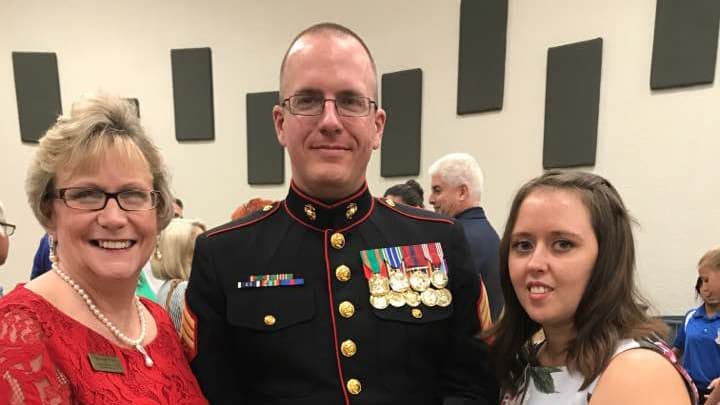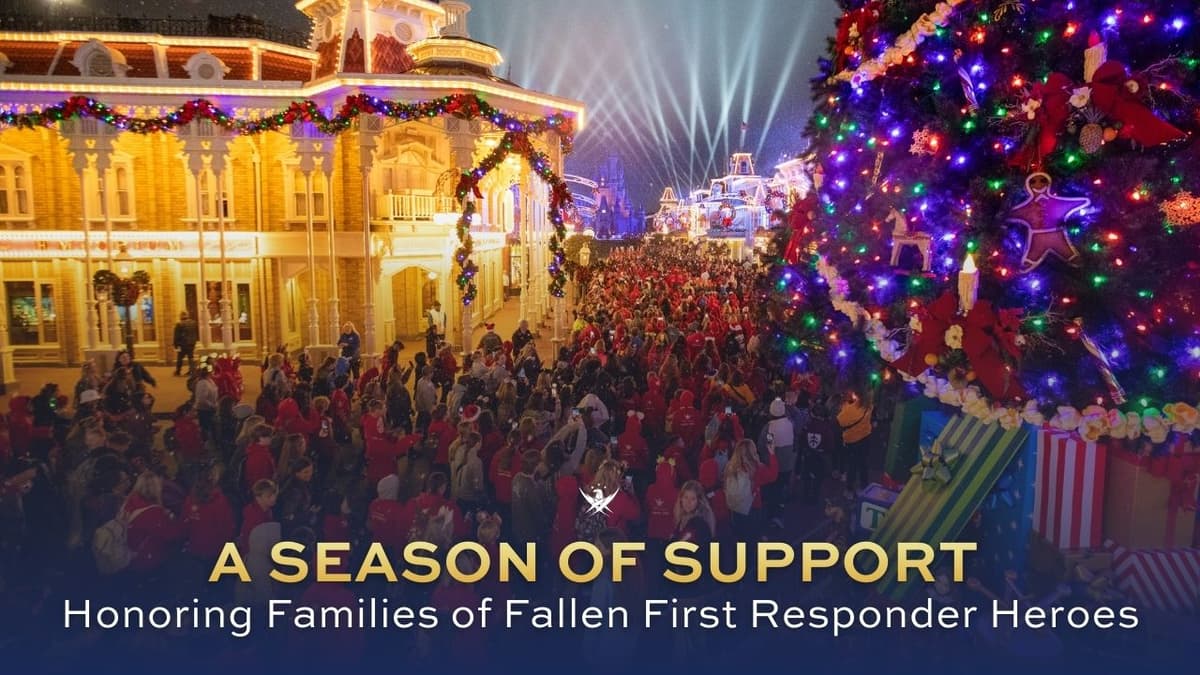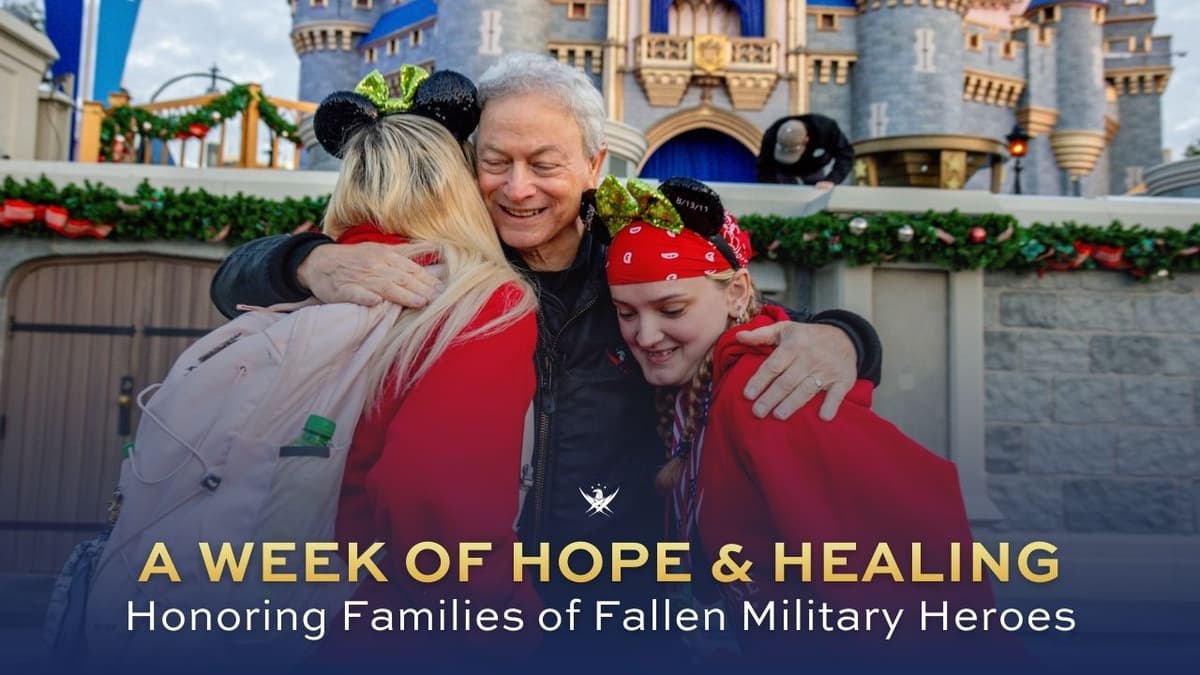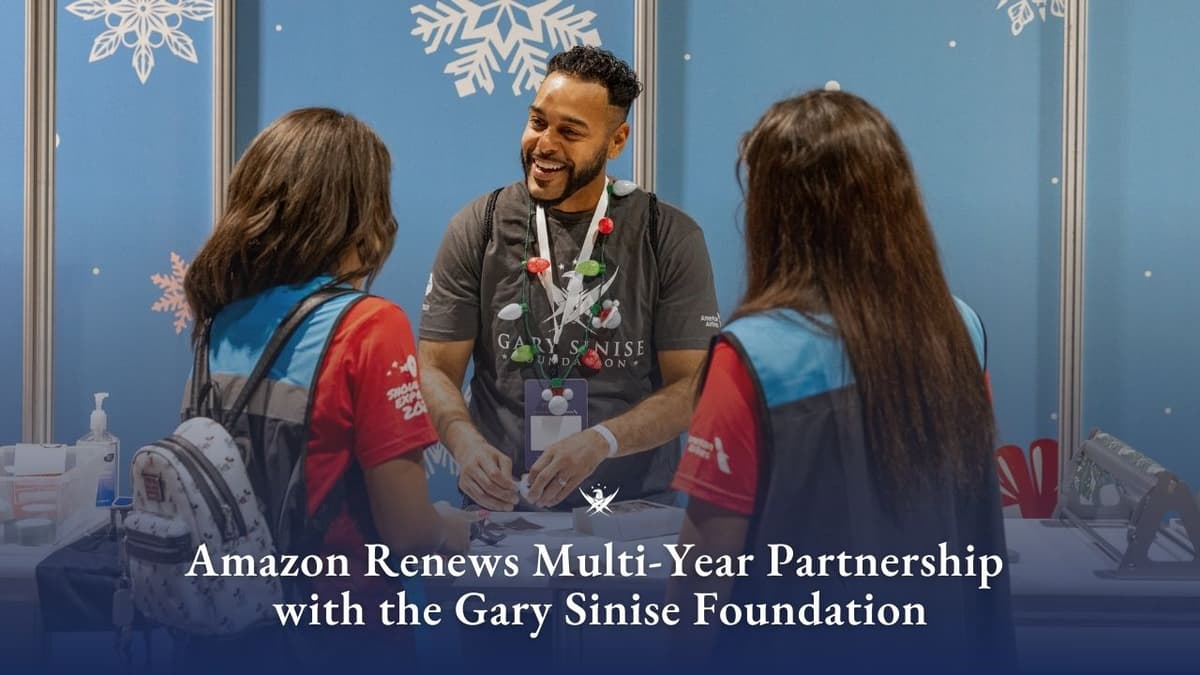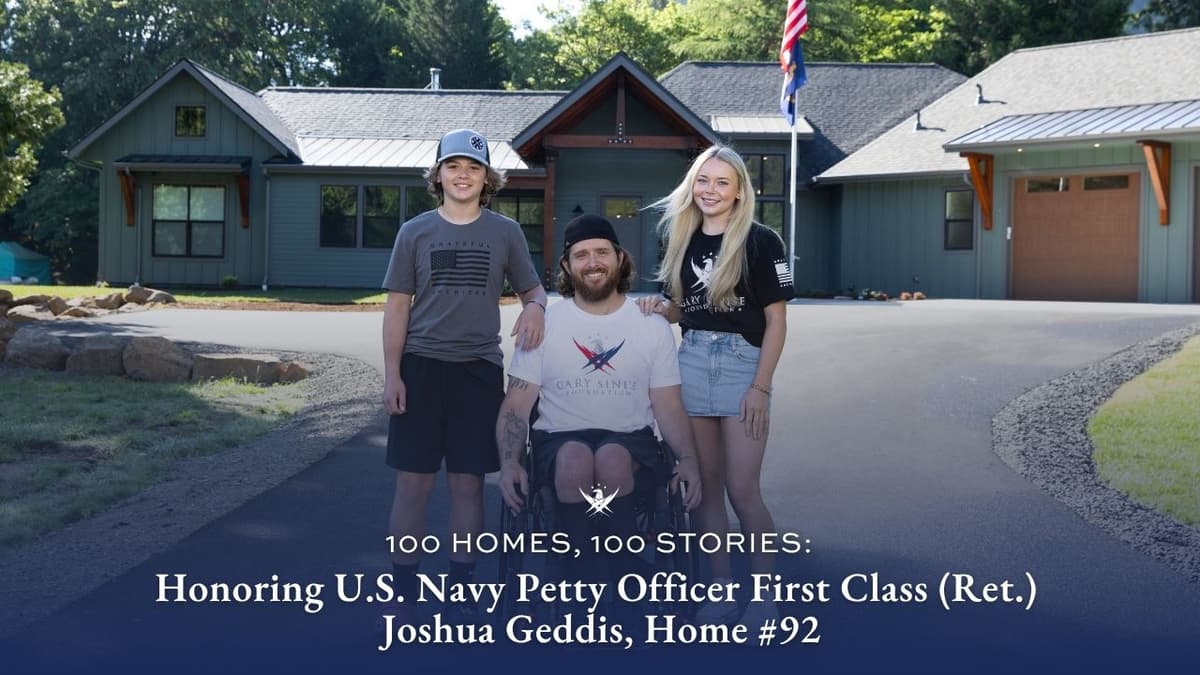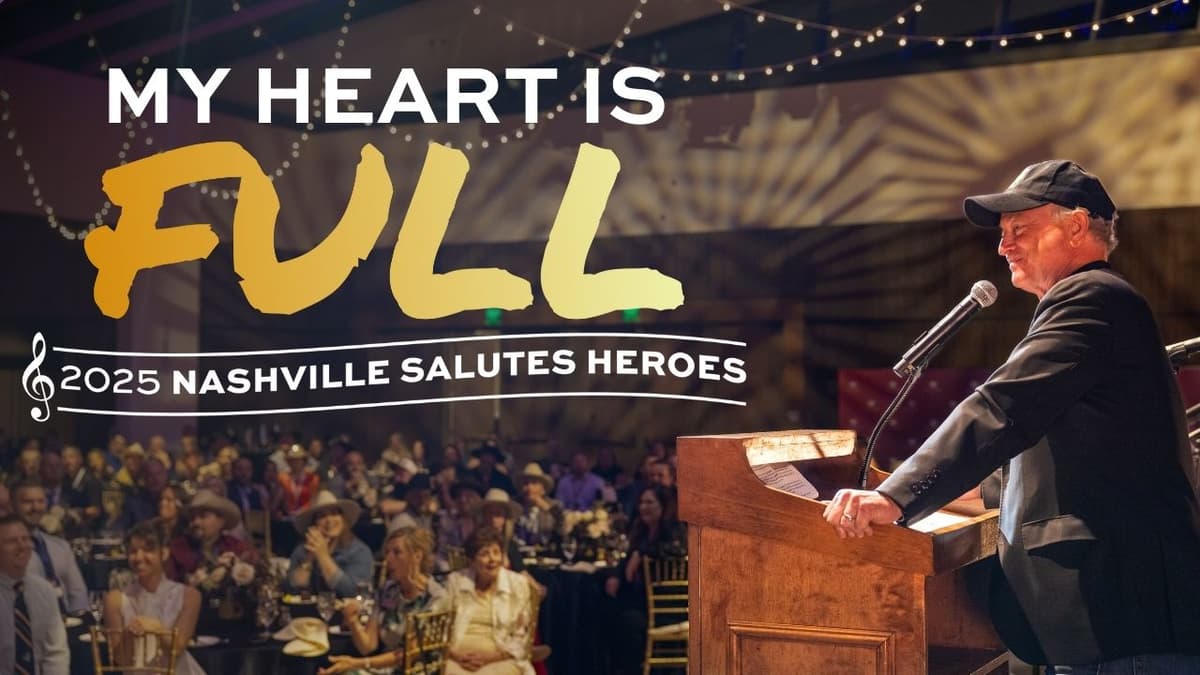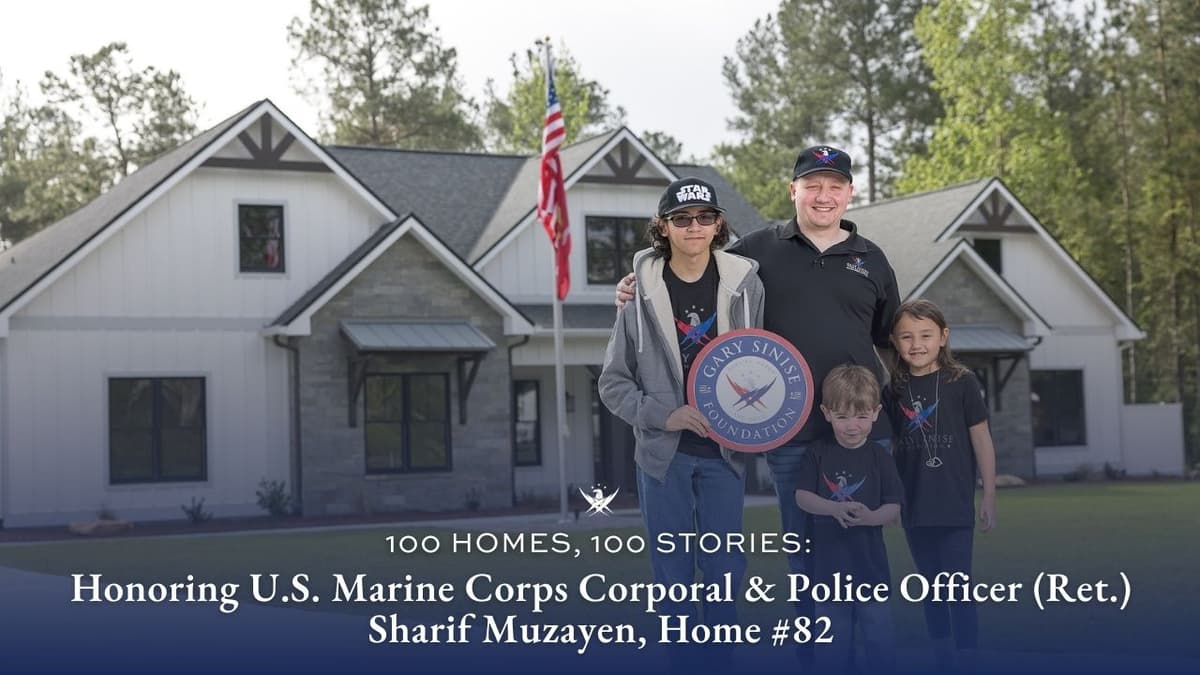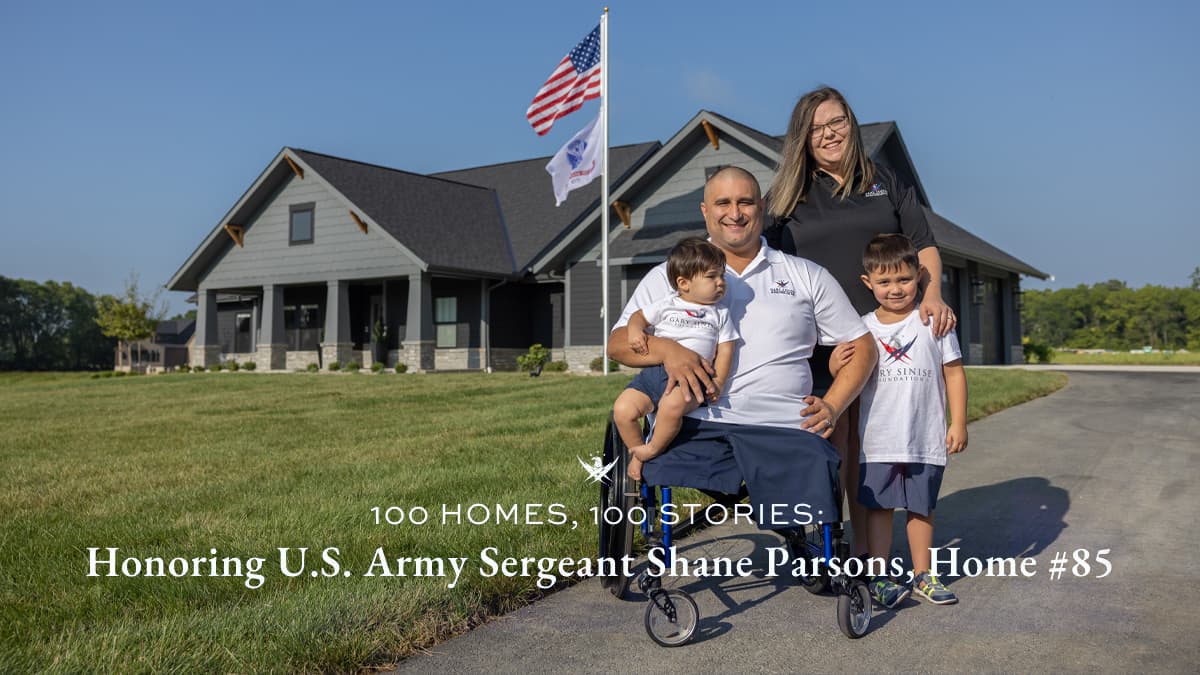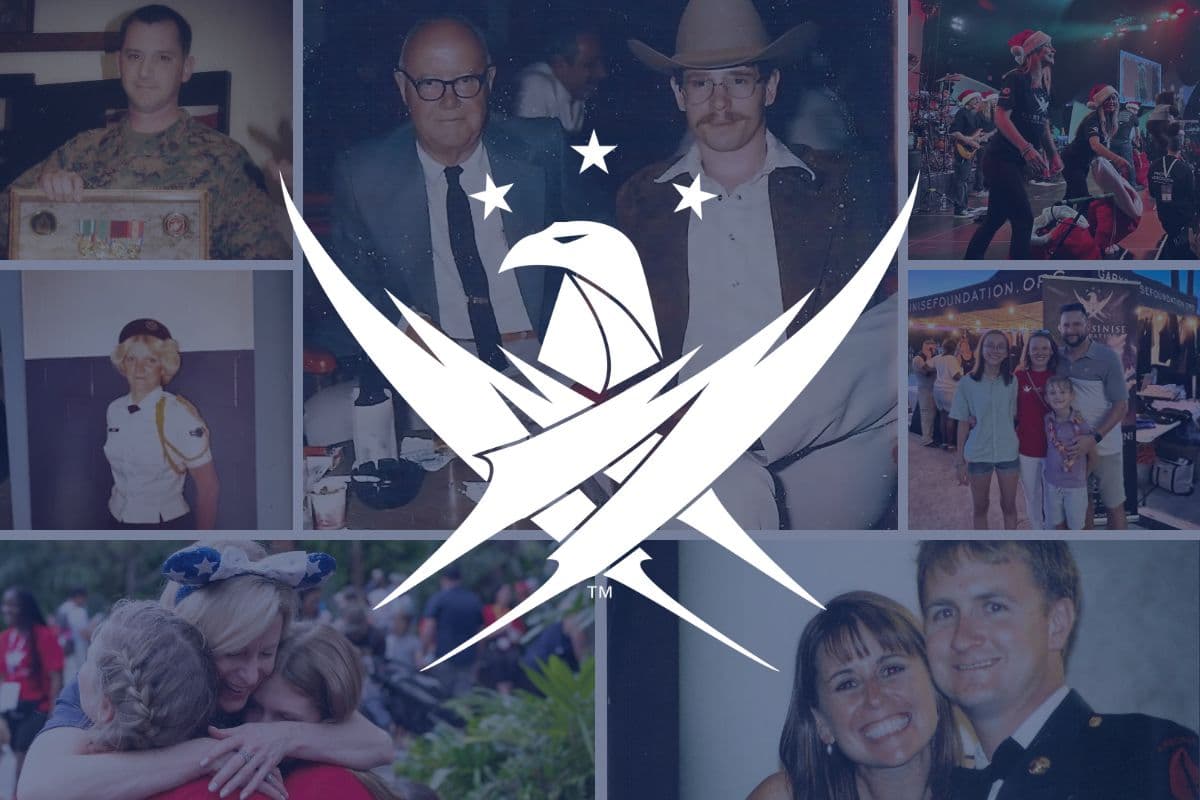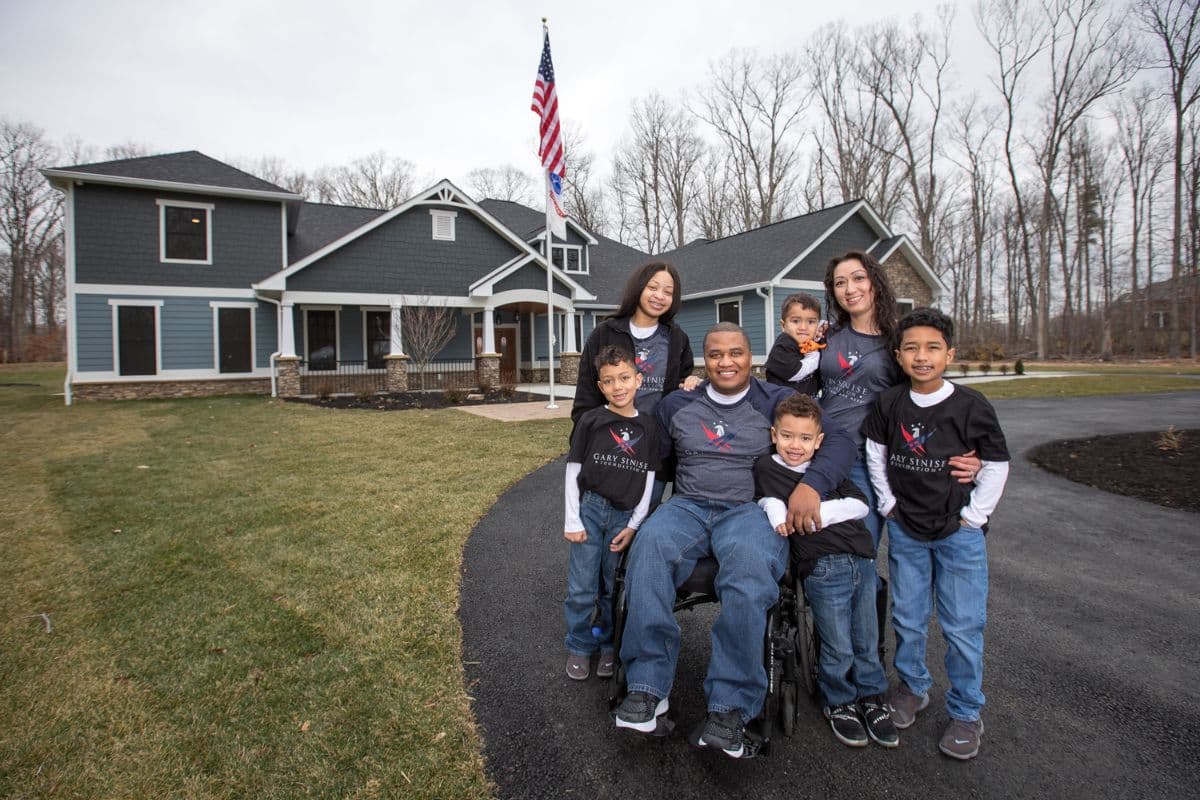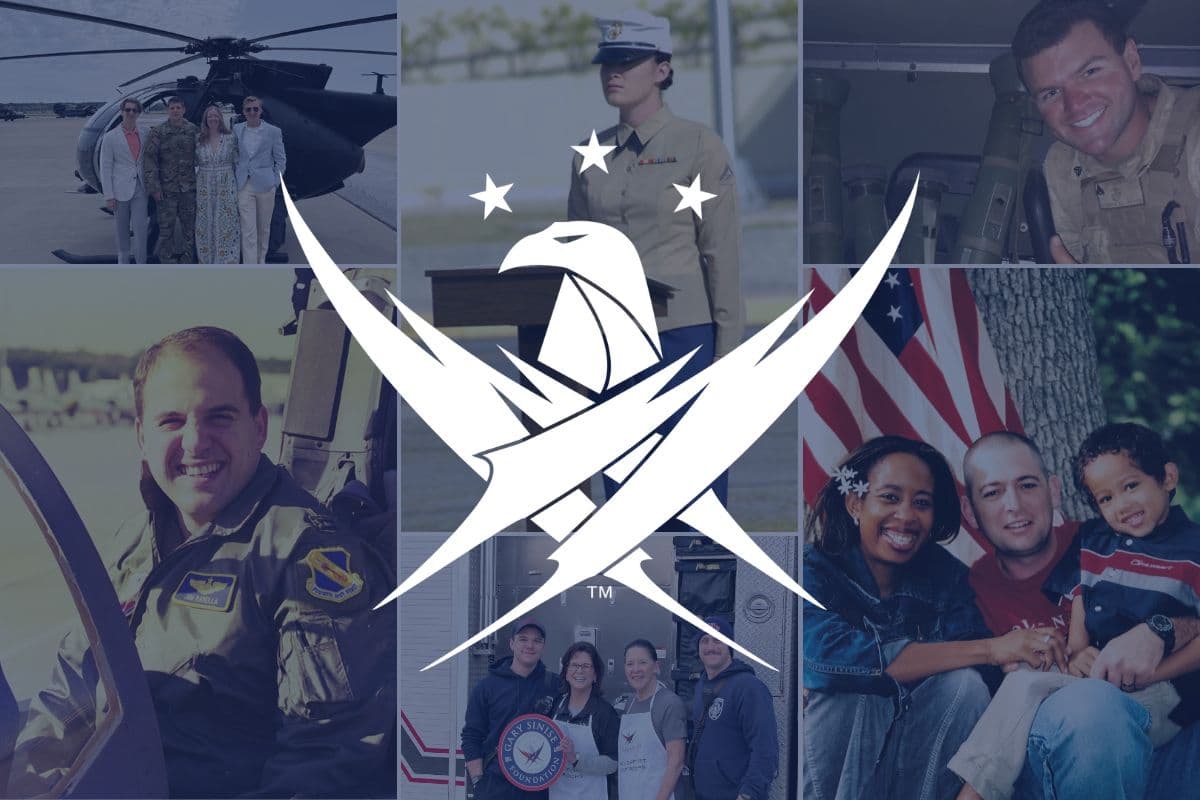A Marine’s Life Saved by Honor, Gratitude, and Rock & Roll
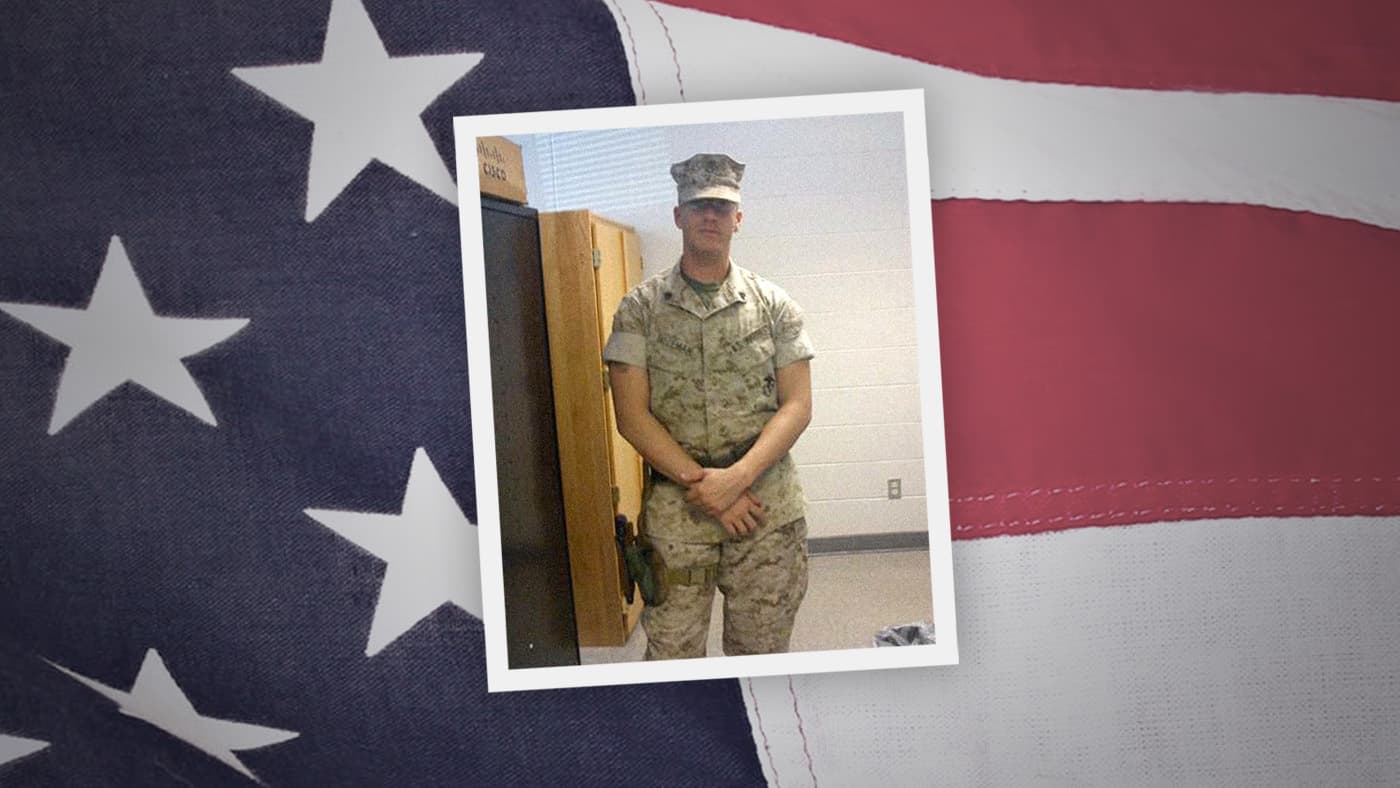
“I’m not going to sit here and deal with this sh*t anymore,” recounts Andrew Bozeman, a retired Sergeant in the Marine Corps, about his plan to commit suicide on March 30, 2013.
Bozeman, raised in Haines City in Polk County, Florida, was passed on promotion to Staff Sergeant after nearly a decade in the Marines. With two deployments under his belt since 2004, having previously served four years in the Army, he felt he was being thrown away by not moving up in rank.
Having enlisted in the military after graduating from high school in 2001, he asked himself, “what do I do now?”
“All I know is being a Marine. All I know is deployments and doing my job and serving my mission and serving my country,” he said.
“I didn’t want to think about being a civilian again. I didn’t know what to do,” he said about not being able to re-enlist.
“I felt there was nothing else out there for me.”
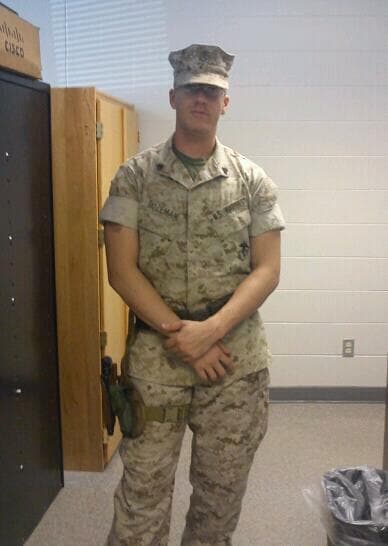
Over the years in the military, Bozeman suffered multiple concussions on top of seeing two marriages fall apart. He spoke briefly with mental health professionals but was reticent about talking deeper about his issues.
At the same time that his career as a Marine was nearing a standstill — a daunting thought in light of his family’s lineage of military service — his personal life took an unexpected turn.
His third wife had left him for another man while he was on recruiting duty — a job associated with notoriously long hours and a contributor to a high divorce rate within the service.
Negative thoughts brought him down and continued to beat at his willpower. His mental health spiraled.
“Here I am going through a third divorce, I can’t even keep a marriage,” he thought to himself. “I can’t be in the Marine Corps.”
The loss of two of his friends in Iraq who were killed in action by insurgents exacerbated matters further.
“I should’ve been there,” he said about not being able to deploy as a result of his concussions. “If I would’ve been there maybe this wouldn’t have happened, maybe they wouldn’t have died.”
Seeing no other alternative to his situation, Bozeman came to the conclusion that he would have to take his own life to absolve himself of his issues.
“I even told myself, ‘I don’t want to live outside the Marine Corps and so I thought I would rather die as a Marine than lose as not a Marine.'"
He wrote letters to family members ahead of time to explain why suicide was the only answer to his problems.
Far out in the Arizona desert away from MCAS Yuma where he was stationed, Bozeman planned to use his pistol to put a bullet through his head.
“I never thought that I would hit a point in my life where I would think about doing harm to myself.”
On the day Bozeman planned to end his life, Gary Sinise and the Lt. Dan Band happened to be on base for a concert honoring the Marines and their families.
Since 2003, in conjunction with other sponsors including the USO and TriWest Health Care Alliance, the Lt. Dan Band have put on more than 467 concerts — 251 of which were performed since the Gary Sinise Foundation began in 2011 — in towns and cities across the U.S. and at military bases at home and overseas.

Playing covers from decades past and present, the thirteen-member band has a simple yet profound objective when it comes to entertaining the troops, veterans, first responders, and their families: honor, gratitude, and rock and roll..
The fortuitous circumstance that then unfolded for Bozeman changed his life with the shake of a hand and a powerful message from Gary.
Standing amongst his fellow Marines near the stage, Bozeman was able to internalize the message Gary had for all in attendance:
they [Marines] are our freedom providers whose selfless service and sacrifice are making a difference we all benefit from. And if they ever wonder whether people know or care, please remember this concert and that we came because we are grateful for those who wear the uniform of our nation.
“I shook his hand and he said to every single one of us, ‘thank you for serving our country.’”
The sincerity of Gary’s message and presence, in particular, struck a chord.
“It was the simple fact that here is this celebrity who is giving up his time, his money, his everything to help serve us,” said Bozeman about the impact of Gary Sinise and the Lt. Dan Band on military service members. “It helps you realize that there are people out there who are willing to help you.”
Soon after the concert, Bozeman started receiving mental health counseling on base. He also sought out support organizations to guide him through this difficult period.
With a new lease on life and mission to carry out, he is back in his home state of Florida working for the Department of Veterans Affairs in Orlando where he works as a webmaster.
He joined Fairways for Warriors, a nonprofit started in 2010 which addresses wounded veterans’ mental and physical health — particularly post-traumatic stress disorder (PTSD) — by playing golf.
Bozeman is able to relate to the men and women struggling with PTSD, depression, and those who have had suicidal thoughts by sharing his own battles with mental health.
“You have to be willing to open up,” he said.
Part of the problem for military service members, he says about mental health, is not understanding how to fix it.
“Our job is a mission. We have to complete a mission which means a lot of the time we’re a fix-it-type person where there’s something broken and we need to fix it.”
“If we can’t fix ourselves it makes us very depressed,” he said.
For more than a decade, veteran suicides nationwide have increased to the point of becoming an epidemic.
According to the Department of Veterans Affairs National Suicide Data Report issued in 2018, between 2008 and 2016 more than 6,000 veterans committed suicide which has led to suicide prevention becoming the VA’s top clinical priority.
At the Gary Sinise Foundation, addressing wounded veterans mental wellness has been an important issue we’ve been focused on since 2015. By partnering with nonprofits Disabled American Veterans and Boulder Crest Retreat we’ve been able to offer 15 week-long retreat programs for 72 wounded veterans.
“It doesn’t matter what issue you may have,” said Bozeman, “it doesn’t matter what problems you’ve had, it doesn’t matter what you’ve gone through, someone else has gone through it and there are numerous organizations that can help you.”
He put it simply: you’re not alone.
